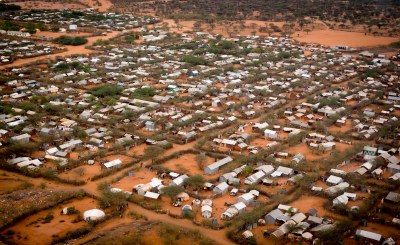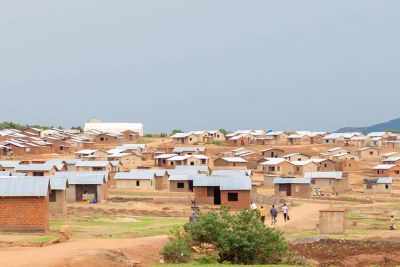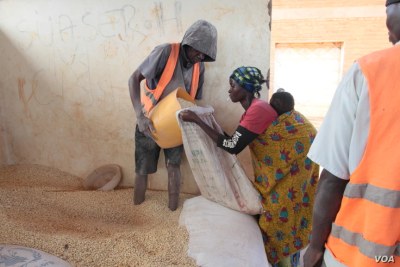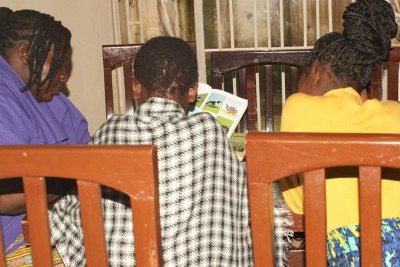-
Kenya: Let Refugees Be Economic Contributors
The New Humanitarian, 9 March 2023
'People like me have historically had neither freedom of movement nor the right to work.' Read more »
-
Malawi: A Refugee's Story - 'It's Like Living in a Waiting Room to Nowhere'
The New Humanitarian, 28 February 2023
What happens when so-called 'solutions' for refugees fail? Read more »
-
Malawi: Govt Tells Refugees to Return to Peaceful Countries
Nyasa Times, 27 January 2023
Government is telling refugees whose countries have now attained peace to voluntarily return home. Read more »
Being a Refugee Is Like 'Living in a Waiting Room to Nowhere'
Refugees are often depicted as economic burdens on the communities where they have found safety, and on the international aid system. This overlooks the fact that 55% of refugees live in countries where their right to work and fully participate in society is restricted, writes South Sudanese refugee Matai Muon for The New Humanitarian.
Earlier in its Flipping The Narrative series, the publication said the Malawian government had told refugees whose countries have now attained peace to voluntarily return home. This comes as the government has failed to meet the deadline for relocation of the refugees back to Dzaleka camp in Dowa.
Ndizeye Innocent, a Burundian refugee living in Malawi and pursuing an online degree in healthcare management from Southern New Hampshire University, says, "The UN's refugee agency, UNHCR, says refugees like me who are forced to leave their homes have three options to resume their lives: voluntary return to the place they've left, integration in their host country, or resettlement to a third country. For the vast majority of refugees, these so-called 'durable solutions' do not work."
InFocus
-
The U.N. High Commissioner for Refugees (UNHCR) is asking the Malawian government to reconsider its decision to force about 8,000 refugees and asylum-seekers living in villages, ... Read more »
-
Refugees and their legal teams have expressed alarm at Malawi President Lazarus Chakwera's plan to force about 2,000 people residing outside the overcrowded camp at Dzaleka, to ... Read more »
-
The widespread exploitation of men, women, and children at a refugee camp in Malawi has been uncovered by the United Nations Office of Drugs and Crime (UNODC) and the Malawia Read more »






